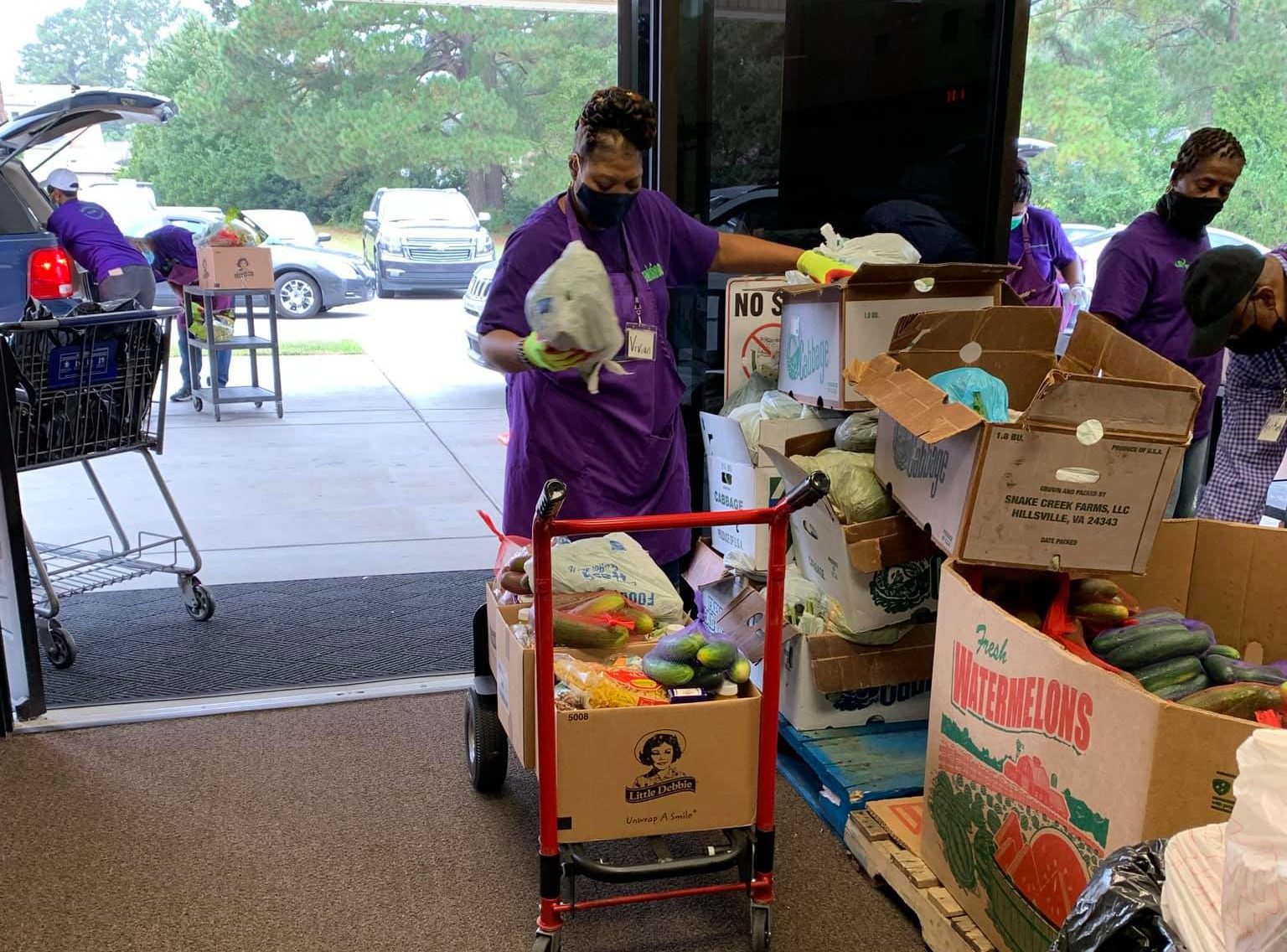May 22, 2020
Responding to Trauma: Crisis Intervention Counselor Models
Tagged With Counseling Masters Programs

How should we respond to crisis as a Christian community of counselors and mental health workers? If you’ve asked yourself this before, you should consider pursuing a degree in Human Services. Did you know that Grace College offers this degree online? Our online Human Services program can help you respond to trauma as a crisis intervention counselor!
Read on to get a feel for what you will learn if you complete your bachelor’s degree in Human Services.
Basics of Crisis Intervention
Three goals guide techniques used in crisis intervention counseling:
- Mitigate impact of event.
- Facilitate normal recovery processes.
- Restore adaptive function.
Crisis intervention counselor techniques should also abide by the following seven principles:
- Simplicity: In a crisis, people respond best to simple procedures. Simple things have the best chance of having a positive effect.
- Brevity: Psychological first aid needs to remain short, from minutes up to one hour in most cases.
- Innovation: Use creativity; specific instructions do not exist for every case or circumstance.
- Pragmatism: Keep it practical; impractical suggestions can cause the person to feel more frustrated and out of control.
- Proximity: Provide support services close to the person’s normal area of function. “The most important thing about proximity is that support must be given in a safe zone,” according to the book Prehospital Behavioral Emergencies and Crisis Response.
- Immediacy: Provide services right away. Crises demand rapid interaction, and delays can undermine the effectiveness of support services.
- Expectancy: Work to set up expectations of a reasonable positive outcome. The person or group in crisis should be encouraged to recognize that help is present, there is hope and the situation is manageable. It may be appropriate to tell the person or group that although the situation is overwhelming right now, most people can and do recover from crisis experiences.
Leading Crisis Intervention Models
Two leading crisis intervention models are: Albert Roberts’ Seven-Stage Crisis Intervention Model, as described in Brief Treatment and Crisis Intervention; and Mitchell’s Critical Incident Stress Management intervention system, as described by the International Critical Incident Stress Foundation and International Journal of Emergency Mental Health.
Roberts’ Seven-Stage Crisis Intervention Model
Roberts identifies seven critical stages that clients typically pass on the road to crisis stabilization, resolution and mastery:
- Plan and conduct a thorough biopsychosocial and lethality/imminent danger assessment.
- Make psychological contact and rapidly establish the collaborative relationship.
- Identify the major problems, including what precipitated the crisis.
- Encourage an exploration of feelings and emotions.
- Generate and explore alternatives and new coping strategies.
- Restore functioning through implementation of an action plan.
- Plan follow-up and booster sessions.
Critical Incident Stress Management (CISM)
The CISM is a comprehensive crisis intervention system that may be applied to individuals, small functional groups, large groups, families, organizations and even entire communities.
CISM has seven core components:
- Pre-crisis preparation. This includes stress management education, stress resistance and crisis mitigation training.
- Disaster or large-scale incident, as well as school and community support programs including demobilizations, informational briefings, “town meetings” and advising staff.
- Brief small group discussions called defusings, which are provided within hours of a crisis for assessment, triaging and mitigating acute symptoms.
- Longer small group discussions known as Critical Incident Stress Debriefing (CISD). These structured group discussions are usually provided one to 10 days after a crisis to mitigate acute symptoms, assess the need for follow-up and, if possible, provide a sense of post-crisis psychological closure.
- One-on-one crisis intervention counseling or psychological support throughout the full range of the crisis spectrum.
- Family crisis intervention and organizational consultation.
- Follow-up and referral mechanisms for assessment and treatment, if necessary.
Advocating for Those in Times of Need
Grace College’s online Bachelor of Science in Human Services prepares students to help individuals and groups in need of assistance and support. Graduates gain the skills and knowledge to enter the human services field of their choice.
This degree completion program is designed for adults who are currently balancing work and personal commitments. It can be completed in as little as 16 months, and is one of the most affordable programs in the nation!


